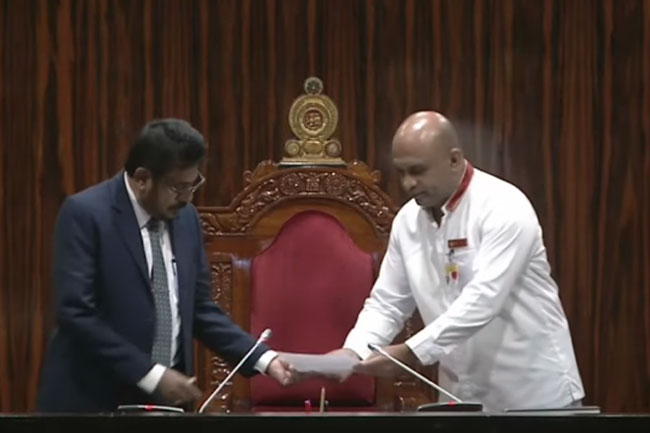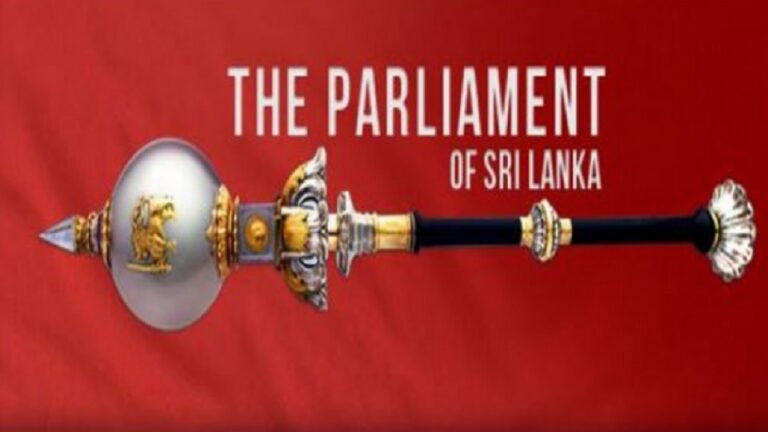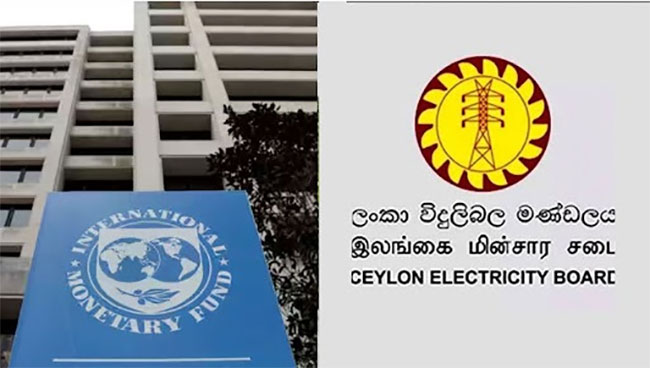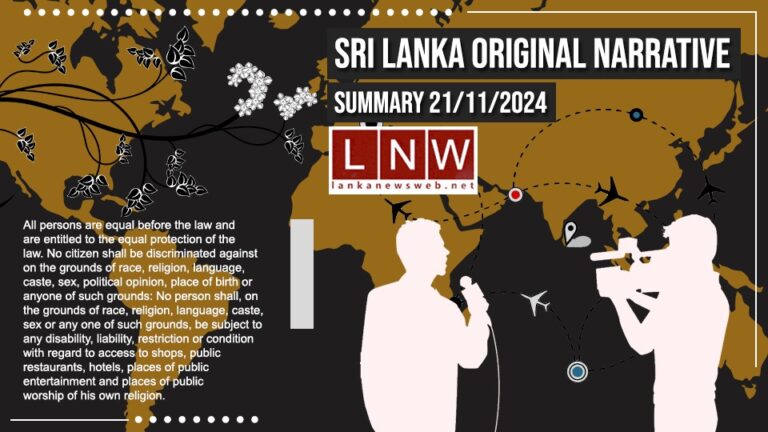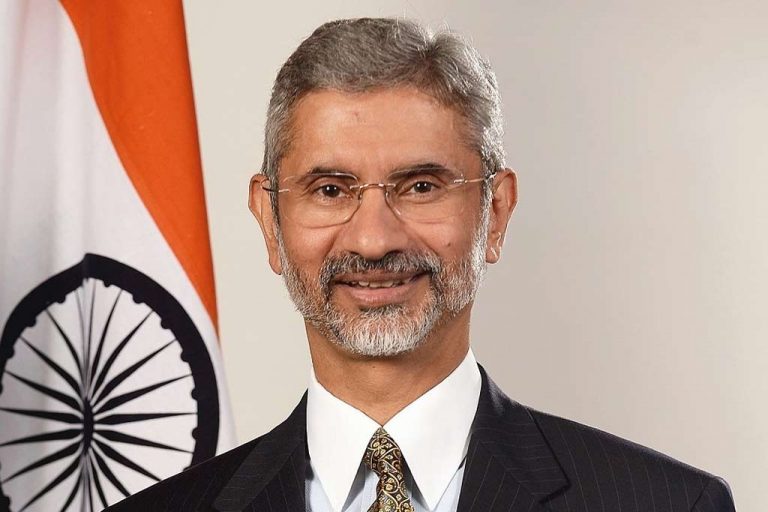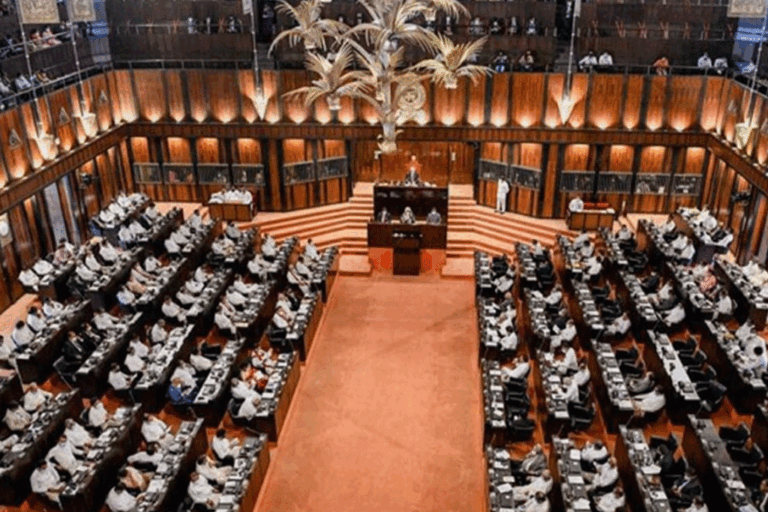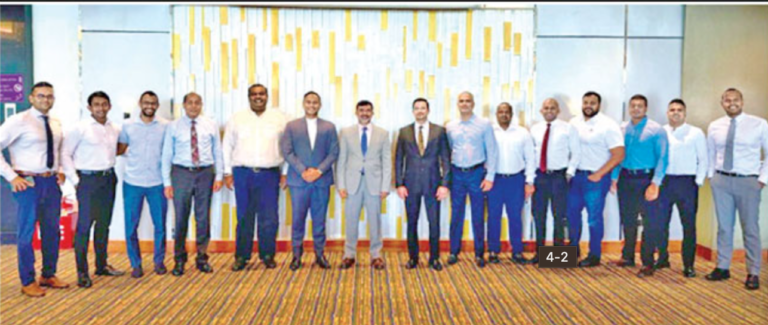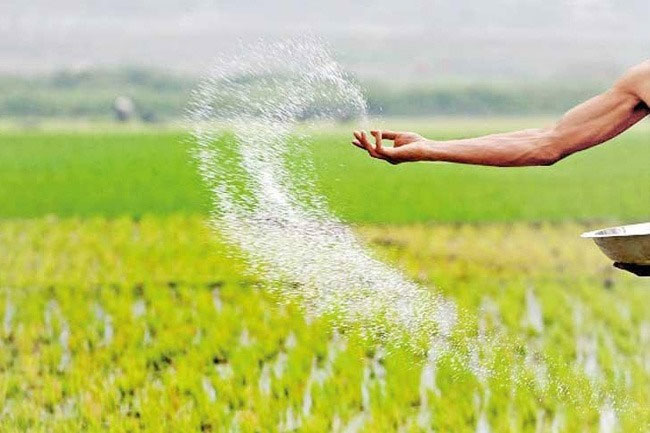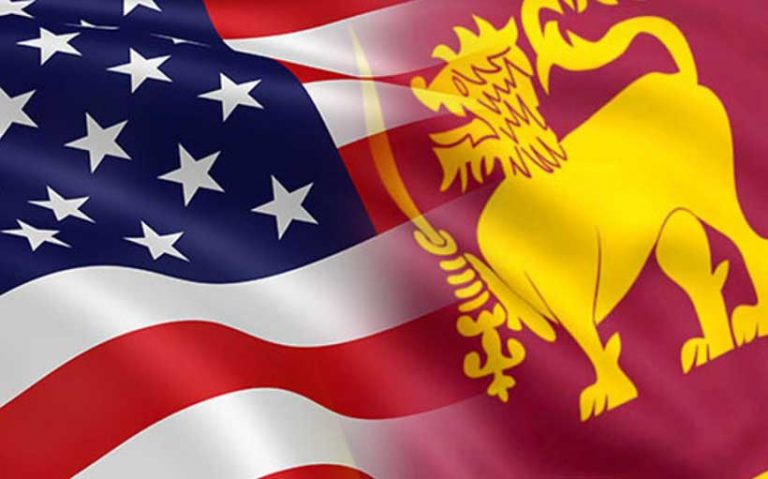November 20, Colombo (LNW):The U.S. District Court for the Southern District of New York recently extended the stay on litigation over Sri Lanka’s defaulted international sovereign bonds (ISBs) until the end of November.
This case, initiated by Hamilton Reserve Bank Ltd., centers on the nation’s $240 million in unpaid bonds following Sri Lanka’s 2022 financial default.
Sri Lanka defaulted on its ISBs in May 2022 due to severe economic challenges, impacting its global financial standing. Since then, the nation has sought to manage its debt through a $2.9 billion IMF-backed program, contingent on economic reforms and creditor negotiations.
Significant progress has been made, including agreements with sovereign creditors like the Paris Club and the Export-Import Bank of China, as well as a crucial arrangement with private bondholders in September 2024.
These steps underscore Sri Lanka’s commitment to a structured resolution of its financial crisis, though significant obstacles remain.
The U.S. Court’s decision to extend the stay reflects acknowledgment of Sri Lanka’s efforts toward restructuring while allowing the country to finalize negotiations without litigation interruptions.
However, Hamilton Reserve Bank, the plaintiff, has expressed concerns that Sri Lanka might seek to delay indefinitely to avoid meeting its financial obligations. The Court, however, justified each stay based on Sri Lanka’s visible progress.
A notable shift in Sri Lanka’s political scene occurred in September 2024 when Anura Kumara Dissanayake, leader of National People’s Power, won the presidency. His party later achieved a strong two-thirds majority in the 14 November general election.
This electoral success indicates widespread public discontent with previous governments’ economic management and a demand for reform.
President Dissanayake has pledged to support the IMF-backed restructuring plan, aiming to stabilize the economy and rebuild public trust. However, balancing the expectations of creditors and domestic stakeholders remains a considerable challenge.
The political stability provided by the recent election victory offers the government an opportunity to push through necessary but difficult reforms.
Yet, Sri Lanka faces a complicated path to recovery, needing to address domestic economic difficulties like inflation and unemployment while managing international debt obligations.
The government’s success in navigating these challenges will shape the country’s economic and political future.
The extension of the legal stay by the U.S. Court allows Sri Lanka more time to execute a formal bond exchange offer, a critical component of the restructuring.
Citigroup Global Markets Inc. has been appointed to handle this complex task, which involves finalizing documentation, soliciting consent, and formalizing bond exchanges by year-end.
International support for Sri Lanka’s efforts has been significant. The Paris Club, along with countries like France, Canada, and the U.K., have backed the country’s progress, emphasizing the importance of a stable resolution. The U.S. has also shown support, highlighting the need for economic stability.
Sri Lanka is under intense pressure to meet its restructuring targets within the extended timeframe. Successful completion would offer financial relief, potentially leading to renewed investment and economic growth.
Failure, however, could aggravate current challenges and jeopardize public trust in the new administration. The next few weeks are critical for President Dissanayake’s government as it seeks to fulfill both domestic and international expectations.


